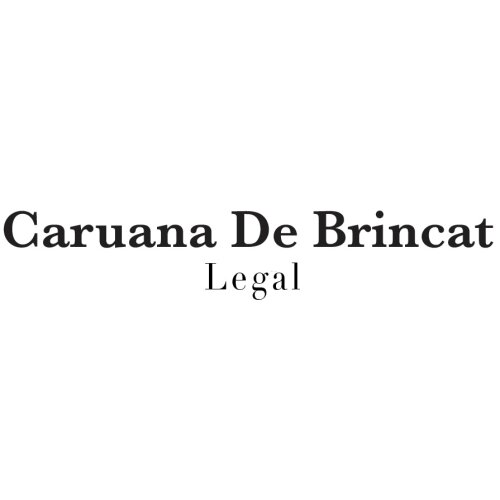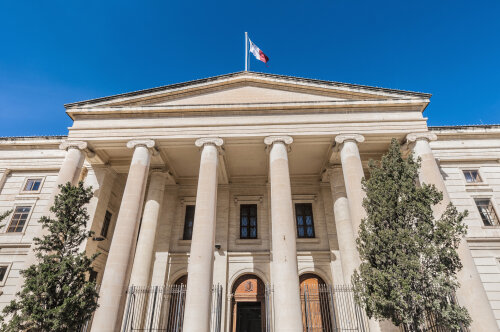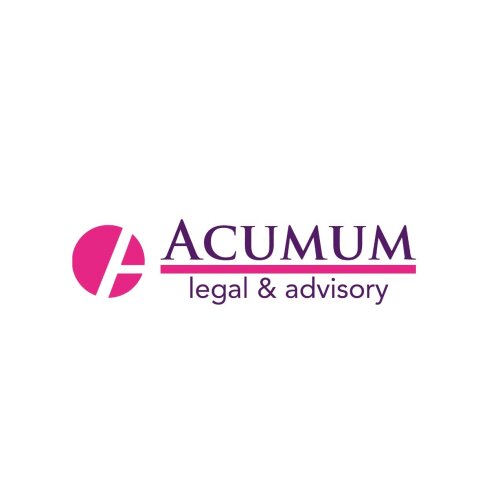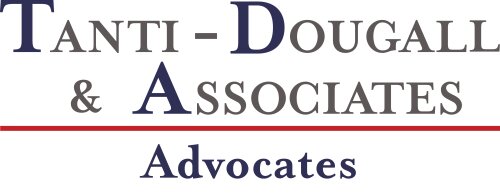Best Sanctions & Export Controls Lawyers in Malta
Share your needs with us, get contacted by law firms.
Free. Takes 2 min.
Or refine your search by selecting a city:
List of the best lawyers in Malta
About Sanctions & Export Controls Law in Malta
Sanctions and export controls law in Malta forms a crucial part of the country’s compliance with international obligations, especially as a member of the European Union. These laws are designed to ensure that individuals and businesses in Malta do not engage in trade or transfers that could violate international sanctions or result in the improper export of sensitive goods and technologies. Malta adheres to UN Security Council resolutions and EU regulations on restrictive measures, as well as national legislation, to prevent the illegal movement or supply of goods, services, funds, or persons in violation of these measures.
Why You May Need a Lawyer
Legal assistance in the field of sanctions and export controls is often necessary for individuals or businesses facing complex compliance requirements. Common situations where legal help may be needed include:
- Understanding whether your company’s activities or transactions are subject to EU or UN sanctions
- Undertaking due diligence on trade partners or clients who might be listed in sanctions
- Handling government investigations or audits related to suspected violations
- Applying for export licenses, permits, or authorizations for restricted goods or technologies
- Negotiating contracts or deals with foreign entities, especially those in high-risk countries
- Facing potential penalties or legal action for non-compliance with sanctions or export control laws
- Implementing or reviewing internal compliance programs to meet legal obligations
Given the severe civil and criminal penalties that can result from violations, timely legal advice is essential.
Local Laws Overview
Malta’s framework for sanctions and export controls relies heavily on its EU membership. As such, the country enforces all EU regulations and decisions relating to economic sanctions and restrictive measures. These measures typically cover trade embargoes, asset freezes, travel bans, and restrictions on the provision of certain services.
Malta also has national laws that support the enforcement of international and EU sanctions. These include statutes and regulations that criminalise non-compliance and set out the processes for obtaining necessary authorisations for exporting controlled goods, including dual-use items that can have both civil and military applications.
Key authorities responsible for administration and enforcement in Malta include the Ministry for Foreign and European Affairs and Trade, the Customs Department, and the Sanctions Monitoring Board. Export controls are especially relevant in areas such as technology, pharmaceuticals, aerospace, maritime, and financial services.
Frequently Asked Questions
What are sanctions and export controls?
Sanctions are legal measures put in place by governments or international bodies to restrict trade or activity with particular states, organizations, or individuals. Export controls regulate the export of certain goods, software, and technology that might have military or strategic value.
Who is affected by sanctions and export controls in Malta?
Any individual or business involved in international trade, financial transactions, or the provision of services across borders can be affected, especially if their activities relate to countries or persons targeted by international sanctions.
What is a dual-use item?
A dual-use item is a product, technology, or software that can be used for both civilian and military purposes. These are subject to strict export controls in the EU and Malta.
Do EU sanctions automatically apply in Malta?
Yes, as an EU member state, Malta is legally bound to implement all EU sanctions and restrictive measures.
What happens if I breach sanctions or export controls?
Breaching these rules can lead to severe penalties, including fines, imprisonment, and reputational damage for companies or individuals involved.
How do I know if I need an export license?
If your goods, technology, or services fall under the categories listed in EU or Maltese regulations as controlled, or if your transaction involves a sanctioned destination or recipient, you likely need a license. Legal advice can help you determine specific requirements.
Who administers and enforces sanctions and export control laws in Malta?
The Sanctions Monitoring Board, the Ministry for Foreign and European Affairs and Trade, and the Customs Department are key bodies responsible for oversight and enforcement.
Are financial transactions subject to sanctions in Malta?
Yes. Financial transactions, including banking, investments, and insurance services, are often subject to sanctions and must comply with restrictions as set out in relevant laws.
What are the common mistakes businesses make regarding export controls?
Common errors include failure to screen clients and partners, lack of internal compliance mechanisms, misunderstanding of dual-use lists, and improper documentation or licensing.
How can I ensure my business remains compliant?
It is crucial to have comprehensive internal compliance procedures, regular staff training, diligent screening of transactions, and legal advice to keep up with frequently changing laws and regulations.
Additional Resources
Individuals and businesses seeking further information or support on sanctions and export controls in Malta may find the following resources helpful:
- The Sanctions Monitoring Board - Responsible for guidance and authorization related to sanctions
- The Ministry for Foreign and European Affairs and Trade - Provides official updates on EU and UN sanctions
- The Customs Department - Administers export controls and issues relevant certificates and authorizations
- EU Official Journal - Publishes legislation and updates on sanctions regimes applicable to Malta
- Chamber of Commerce, Enterprise and Industry - Offers information sessions and compliance guidance for businesses
Next Steps
If you believe you may be affected by sanctions or export control laws in Malta, or if you simply want to ensure that your business is fully compliant, consider taking the following steps:
- Gather all relevant information about your products, services, and business transactions
- Consult with a qualified Maltese lawyer or compliance specialist who can assess your specific situation
- Review your company’s internal compliance policies and update them as needed
- Stay informed about changes in international, EU, and local regulations regarding sanctions and export controls
- Register with relevant authorities if your activities or goods require licensing or authorization
Early legal advice can help prevent costly mistakes and ensure that your operations in Malta remain safe, lawful, and compliant.
Lawzana helps you find the best lawyers and law firms in Malta through a curated and pre-screened list of qualified legal professionals. Our platform offers rankings and detailed profiles of attorneys and law firms, allowing you to compare based on practice areas, including Sanctions & Export Controls, experience, and client feedback.
Each profile includes a description of the firm's areas of practice, client reviews, team members and partners, year of establishment, spoken languages, office locations, contact information, social media presence, and any published articles or resources. Most firms on our platform speak English and are experienced in both local and international legal matters.
Get a quote from top-rated law firms in Malta — quickly, securely, and without unnecessary hassle.
Disclaimer:
The information provided on this page is for general informational purposes only and does not constitute legal advice. While we strive to ensure the accuracy and relevance of the content, legal information may change over time, and interpretations of the law can vary. You should always consult with a qualified legal professional for advice specific to your situation.
We disclaim all liability for actions taken or not taken based on the content of this page. If you believe any information is incorrect or outdated, please contact us, and we will review and update it where appropriate.
Browse sanctions & export controls law firms by city in Malta
Refine your search by selecting a city.
















